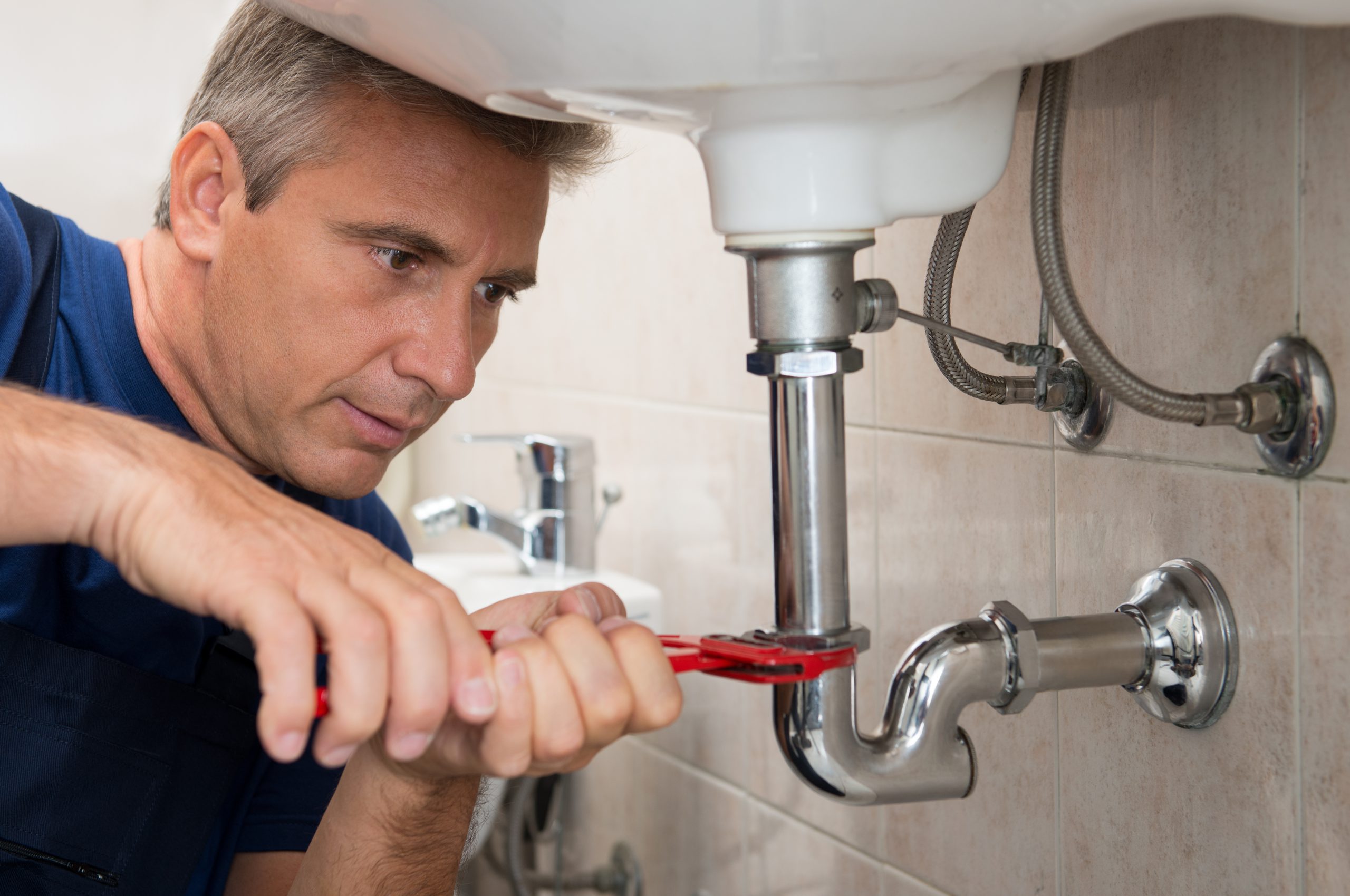
ceiling or discovering a puddle under the kitchen sink with no explanation.
These are classic signs of plumbing or seepage problems, which occur from time to time with every property.
It is important to check out every feature of a home before you purchase and you should always have a professional inspect the electrical wiring and plumbing in the form of a building inspector’s report.
Problems with either can be expensive to fix. For example, a water heater that fails can damage timber, walls and furnishings if located internally.
As a homeowner or a buyer inspecting a property, it’s a smart idea to be alert to potential maintenance problems, such as leaking gutters or water stains around windows or along the architraves.
If you can see problems ahead of time, you’ll save yourself a lot of money by being proactive.
Here are some ideas to help you avoid a plumbing disaster:
Strange noises
A common plumbing issue starts with a strange popping noise coming from your water heater. When that happens, it means you’ve got an excess of mineral build-up at the bottom of the tank. The popping comes from bubbles caused when the deposits mix with hot water. Ask your plumber to flush out the deposits.
Loud clunks
This is a sign that something in your plumbing system isn’t happy. If you have a water pump, it may mean that the motor needs to be lubricated, but it’s best to ask a plumber to service it. Alternatively, it may be a water hammer, which is a pressure surge caused by a rapid change in flow velocity in the pipeline that sounds like the pipe is being hit with a hammer. Water hammer is a serious problem that will cause erosion and damage to the pipes, valves, fittings and can cause pipe bursts.
It’s a mystery
If the system sounds like it’s engaging without anyone using water, you may have a leak. Check the obvious places first such as kitchen and bathrooms. Also, follow the path of the water into the house. You may discover a wet patch in the garden or a leak in the length of pipe that runs along the property.
Corrosion
Keep an eye on the length of the water pipe outside. Over time, rust may form. Copper pipes are corrosion resistant but not corrosion-proof. So, usually, you don’t need to take immediate action. Nevertheless, please don’t wait for a leak to do something about it. This is true for both water and gas piping.
Invisible menace
Water doesn’t simply run along the pipes into your home, it swirls. Over a couple of decades, the copper will erode from within, becoming increasingly thinner. If you have a routine plumbing job at your home, ask your plumber to assess the outside water and gas pipes.
